The Brownville Hotel: 1820 – 1995, 175 Years a Landmark
The first Brownville Hotel was constructed in 1805 on land that Major Gen. Jacob Brown had once owned. The wooden structure would have a short lifespan, destroyed by fire. In its place, a three-story structure native limestone structure was built by Henry Caswell of Brownville and Emerson Moody of Watertown. That structure would stand for 175 years before heavy, wet snow caused the roof to collapse in 1995, leading to its demolition the very next day.
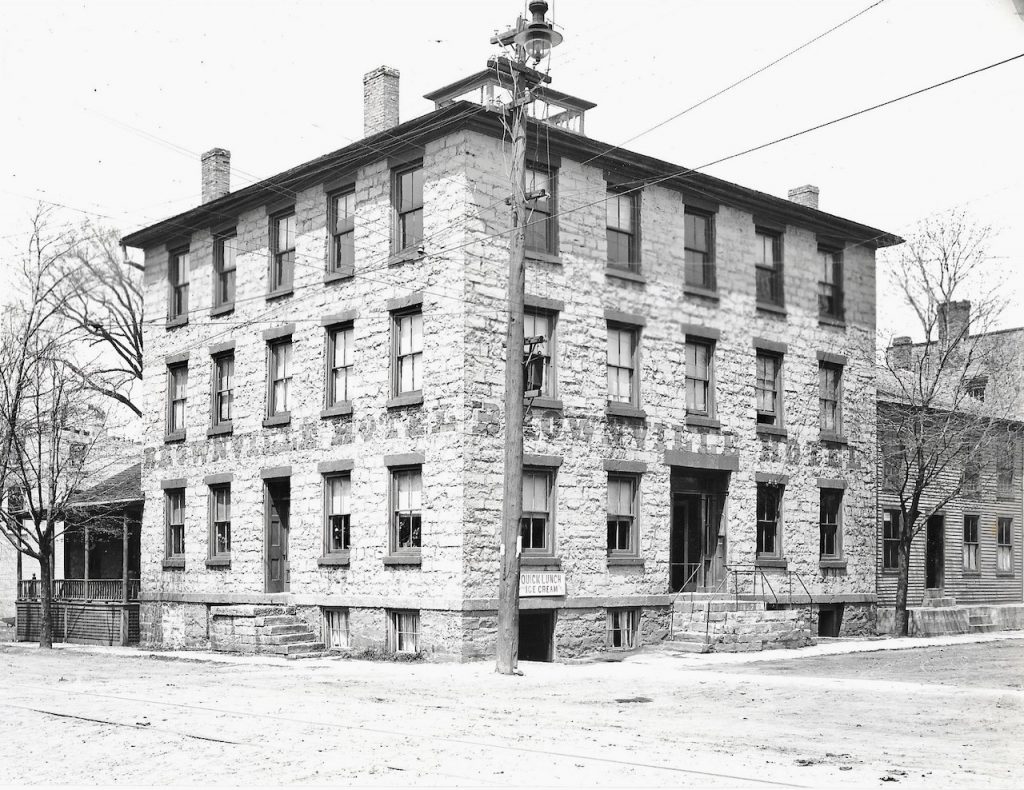
Amongst the earliest visitors to the hotel included Maj. Gen. Jacob Brown himself and James Donatien LeRay de Chaumont, the Frenchman who owned a great portion of Northern New York and resided at the LeRay Mansion on what is now Fort Drum, which was built around the same time. LeRay’s father, Jacques, was known as the French Father of the American Revolution, having supported America’s efforts and was well-known and personal friends with many of our country’s founding fathers.
Early newspaper accounts of the Brownville Hotel were brief news notices, the first to be found, a letter to the public advertising the establishment in the New York Reformer in 1852–
On account of your paper having the largest Circulation in this county and vicinity, I select it as a medium to communicate to the traveling public, the desirable information that in calling at the Brownville Hotel, kept by Samuel W. Field, the traveler will meet with every essential comfort and convenience found in the best regulated Public House in the country. Order, neatness, and quiet prevail; considerations of no mean importance to those desiring accommodations at a Hotel. The table is ever well furnished, and the obliging attentions of “mine host” and his helps make the stay of the stranger pleasant and agreeable.
Pro Bono Publico.
Brownville, May 10, 1852
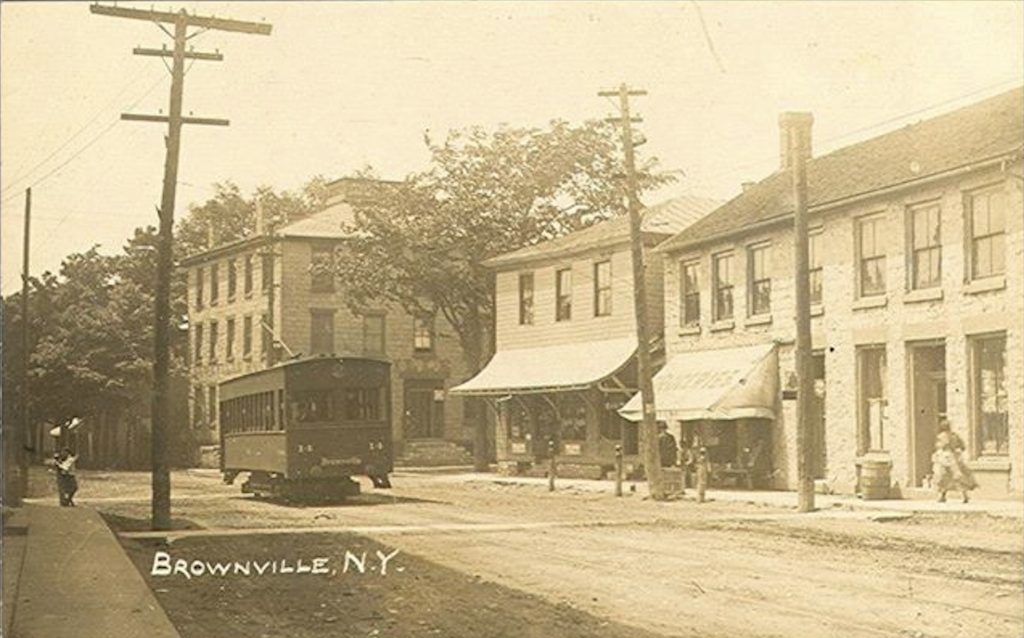
The only editorials after that from the Watertown Daily Times occurred first on September 17, 1874, which painted the Brownville Hotel as a local watering hole with broad and humorous strokes–
We notice for several days past, that men have been engaged in drilling a well on the premises of Patrick, the landlord of the Brownville Hotel. We sincerely trust that they will soon strike a deep river of pure water, which will ensure us a better quality of whiskey than that we have had heretofore. The effect of the mixture used before this has not been very salutary to say the least.
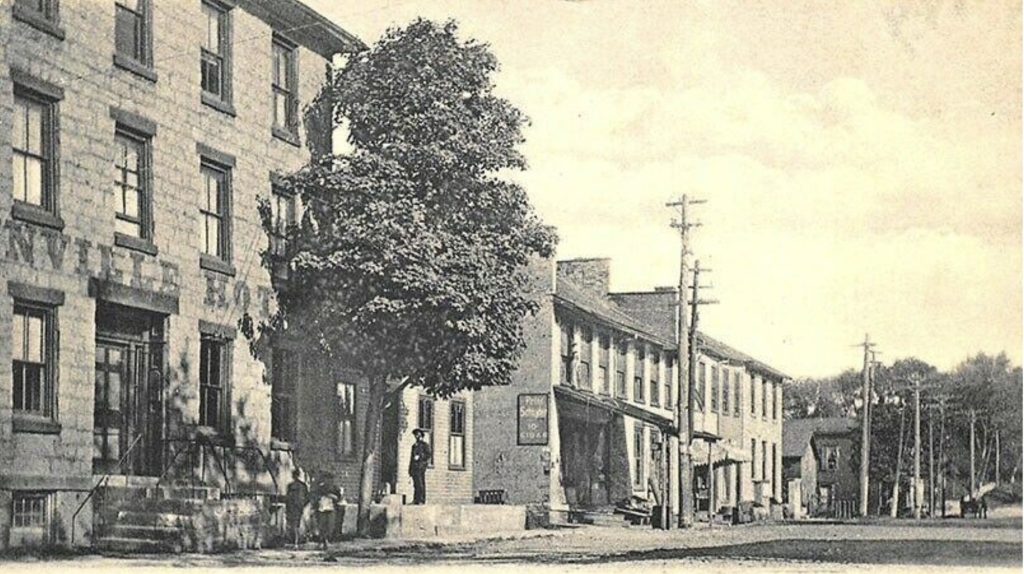
Eight months later, the Daily Times referenced the hotel’s apparent draw once again, making one “mentally” wonder if the writer(s) often frequented the place–
As we passed by the Brownville Hotel this evening we noticed the doors and windows were boarded up. We understand that the proprietor’s license expired the 1st of May and has not been renewed. As we passed on and saw the obstructions to ingress and egress, we found ourselves mentally wondering where now the poor thirsty traveler could cool his parched tongue, where (he) get his “pure inwardness.” It is an advertisement on his part, unwittingly no doubt, that he only keeps a hotel for the purpose of a bar. The people can stand it if he can.
Over its 175 years of existence, the Brownville Hotel has had countless owners and proprietors. However, in the early 20th Century, some stability was found with Harry Fisher, who owned and operated it from approximately 1931 to 1956. In 1939, Fisher completely remodeled and redecorated the hotel, giving it a grand re-opening on September 20, 1939. After Fisher’s ownership and the last nearly 40 years of the hotel’s existence, it would be passed around to various owners like a hot potato, which probably contributed to its instability physically, financially, and clientele-wise, too.
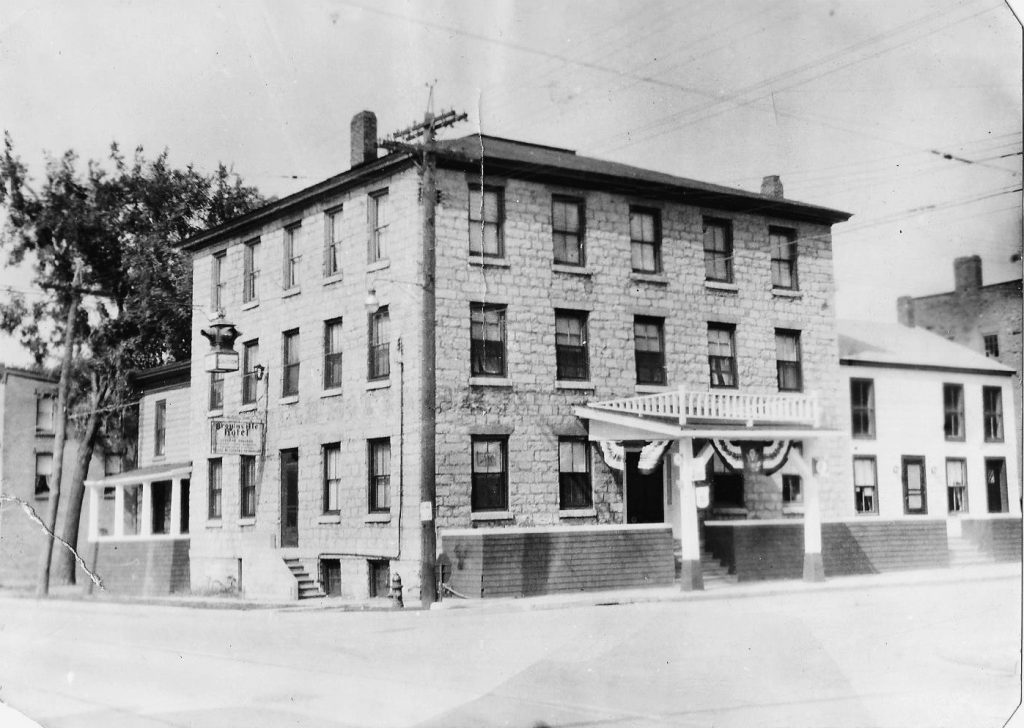
On March 25, 1974, unlike its predecessor 155 years earlier, the Brownville Hotel survived an early morning fire with minor smoke and water damage. According to the Watertown Daily Times–
The Brownville Hotel’s main section, constructed 154 years ago, escaped all but minor smoke and water damage in this morning’s fire. Today’s blaze was confined to a two-story stone and wood-frame addition housing the hotel’s kitchen and pantry on the first floor and rooms for rent on the second floor.
Hotel owner Harold Reeves said he has “no idea” when the addition, damaged this morning beyond repair, was constructed.
About this time, the Brownville Hotel had 12 rooms, a third-floor banquet hall, and four dining rooms, but had, in some years prior, become more of a residential hotel where rooms could be had for a night, week, or monthly.
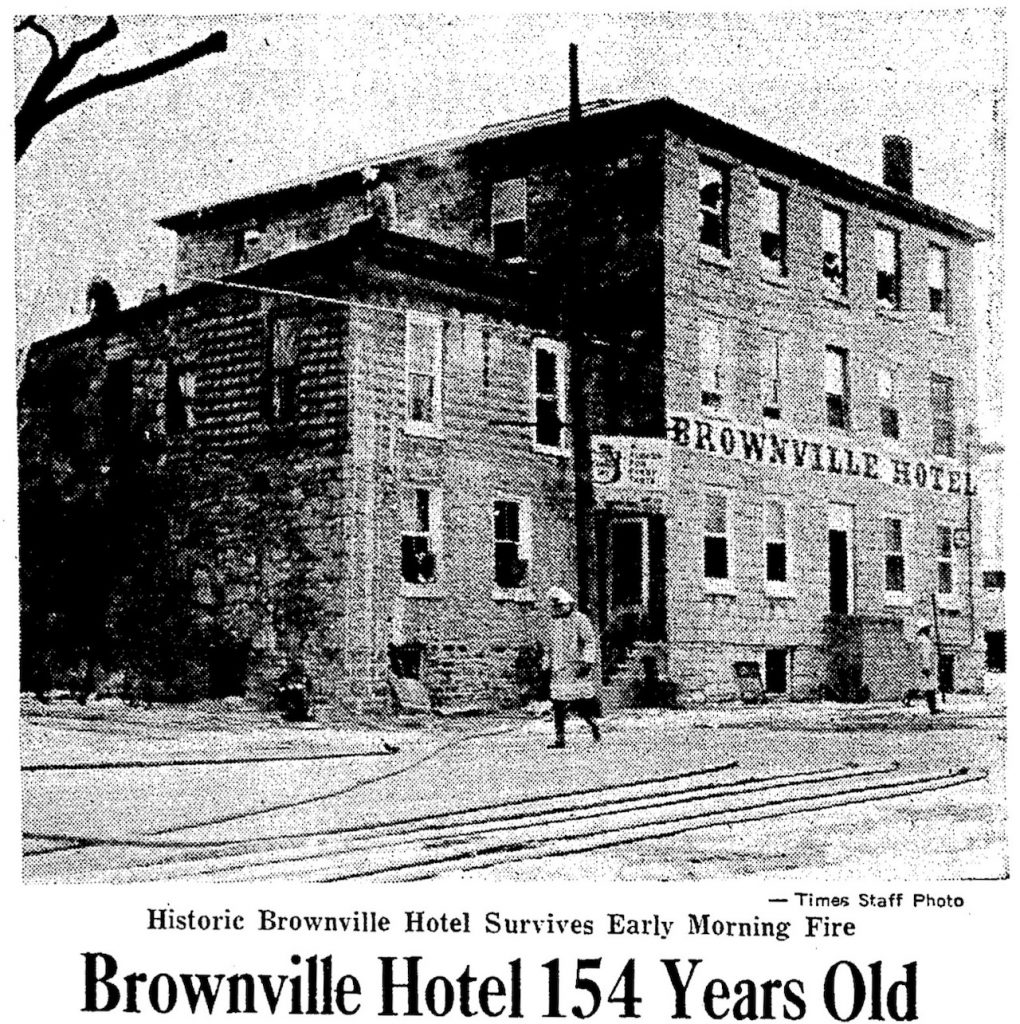
By the time 1995 rolled around, the bar and restaurant had “lost its verve,” and the hotel had become apartments. It would be on November 18, 1995, when nearly two feet of heavy, wet snow caused the roof to collapse. Fortunately, no injuries were had as five residents were able to escape safely, but a gaping hole in the west side of the upper building the size of a car made it apparent a full collapse could be imminent.
A state of emergency was declared by Village Mayor Charles Brenon, who directed the village’s engineer, Bernier Carr & Associates, to contract a company for immediate demolition as the walls of the Brownville Hotel were buckling, save one on its north side. Nearby local businesses were forced to close early, and traffic rerouted due to the collapsed roof, which sent limestone blocks crumbling to the ground in a big dust cloud.
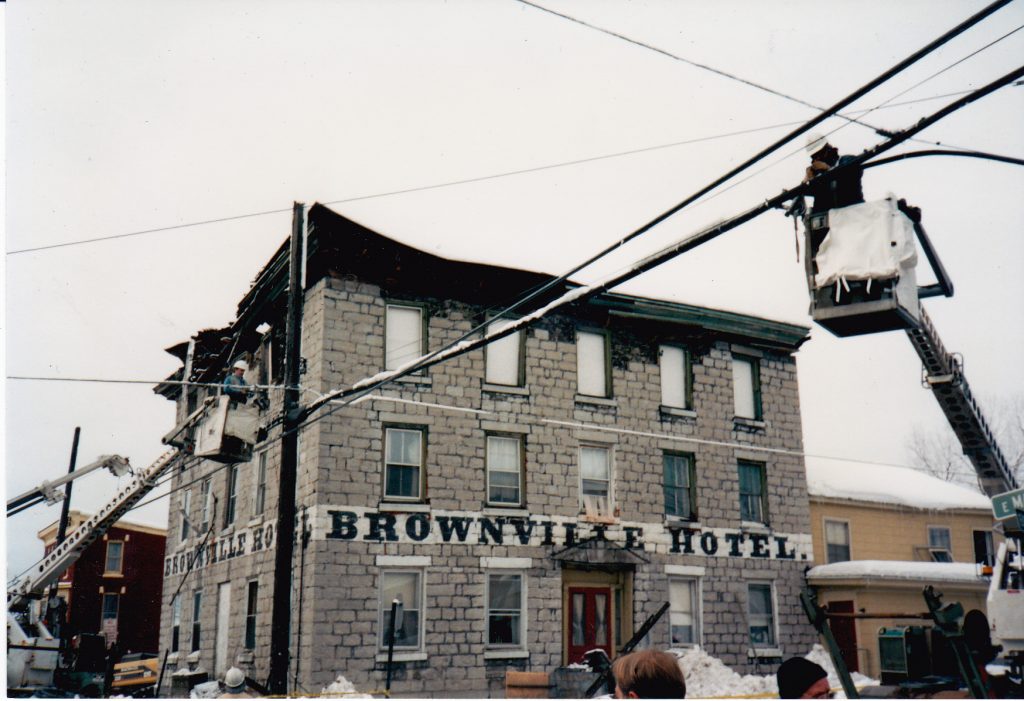
The next day, the building would be demolished, ending its 175 years as a landmark on the corner of West Main and Brown Blvd. Some residents watched as it came down, reminiscing of times gone by and pondering what the future might hold. Not everyone shared in the sentimentality, though.
“Damn building should have been condemned years ago,” said Pamelia Firefighter Douglas Snyder, who helped at the scene. “Look at the shape it’s in,” he would tell the Watertown Daily Times.
After having survived fire, rain, snow, and whatever else mother nature in the North Country could throw at it in its previous 174 years, it’s amazing the Brownville Hotel lasted as long as it did, considering how low the roof’s pitch was. The hotel had often been called a contemporary of, and sibling to, the Union Hotel, which was built three years prior in Sackets Harbor and is today used as the Seaway Trail Discovery Center. Both hotels were added to the National Register of Historic Places, The Brownville Hotel in 1980 and the Union Hotel in 1972.
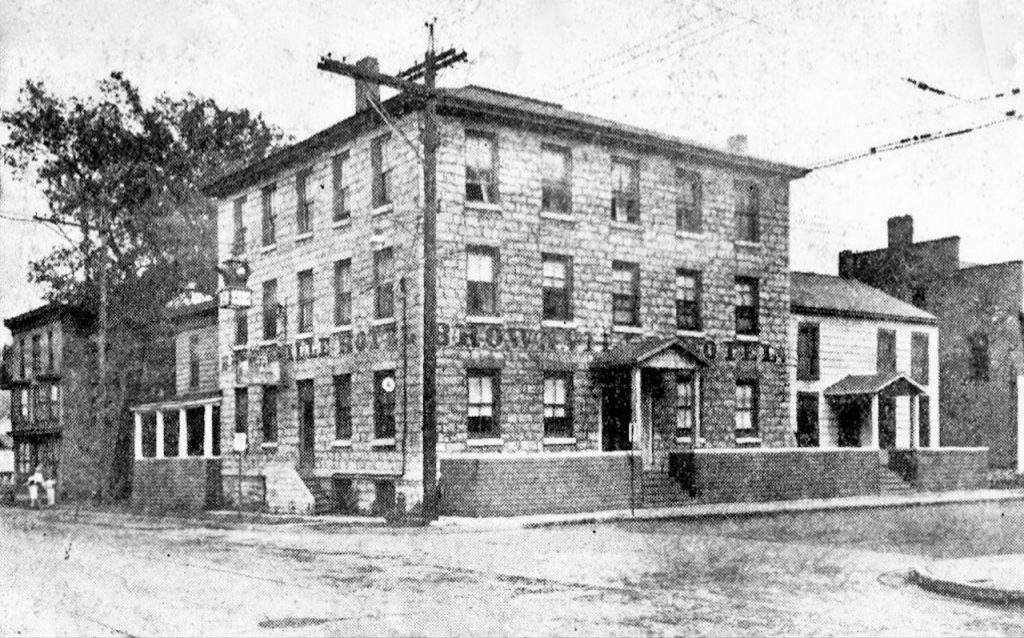
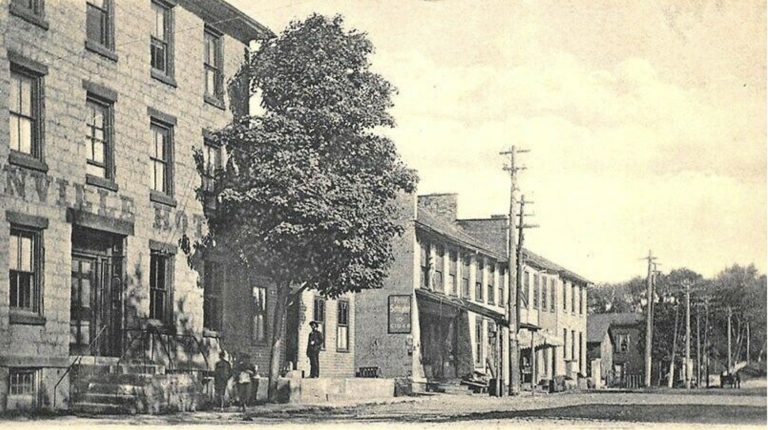
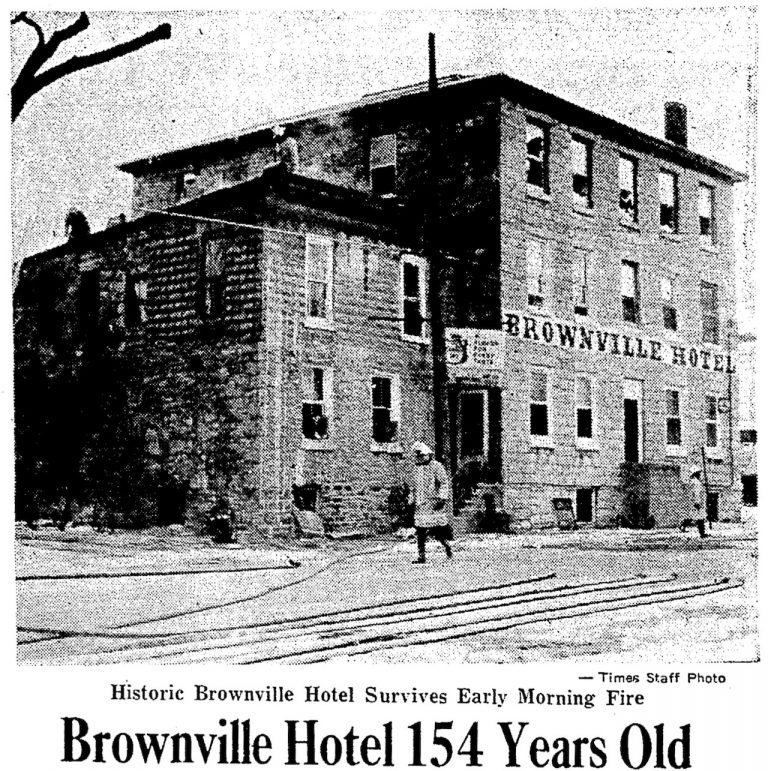
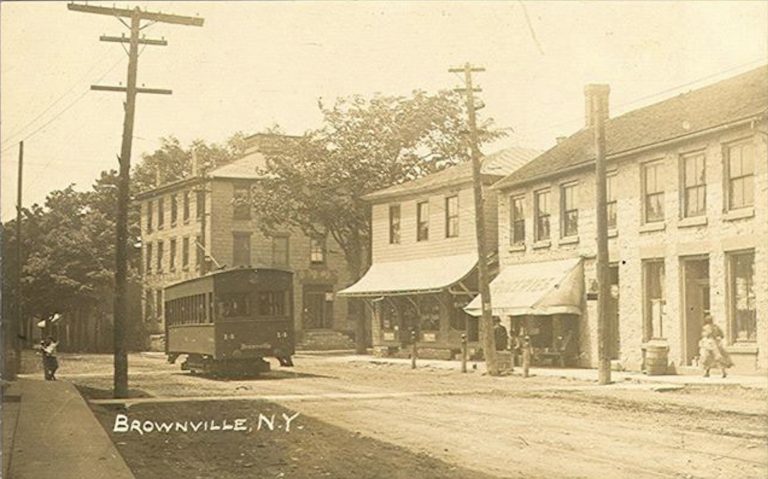
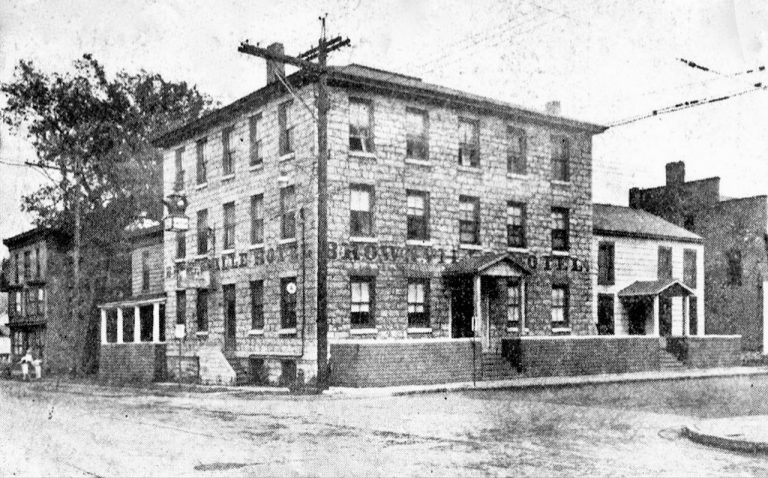
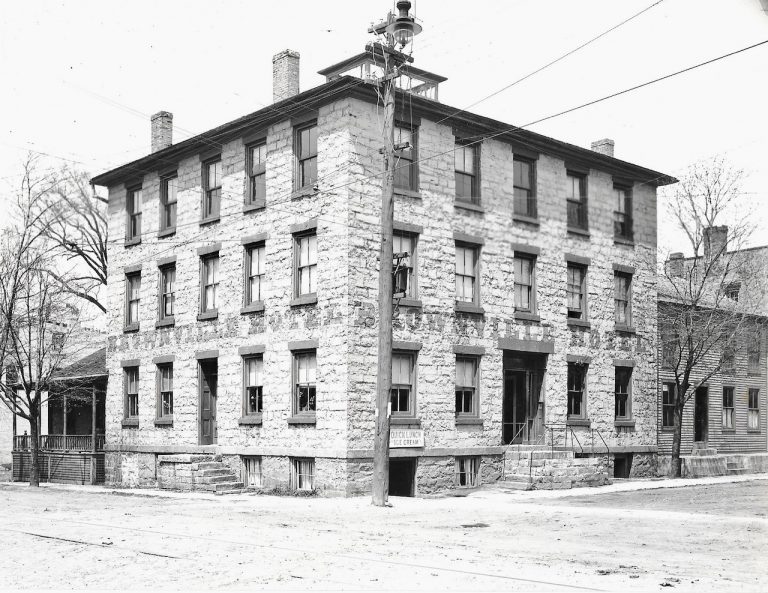
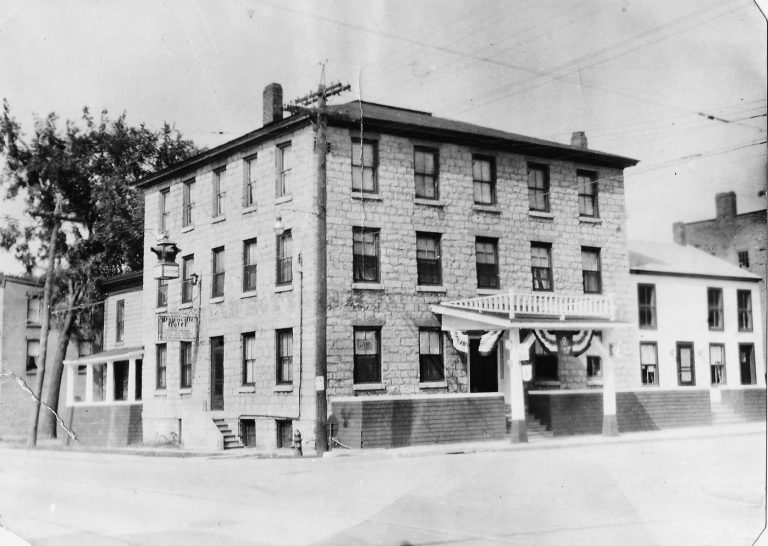
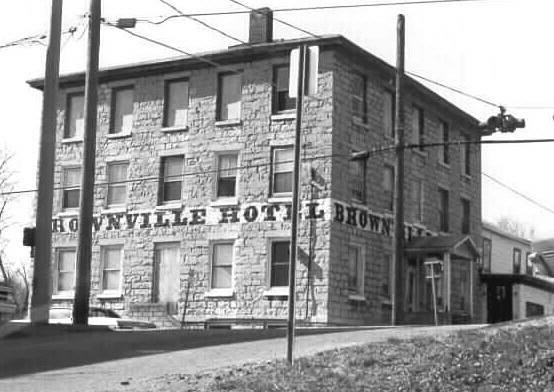
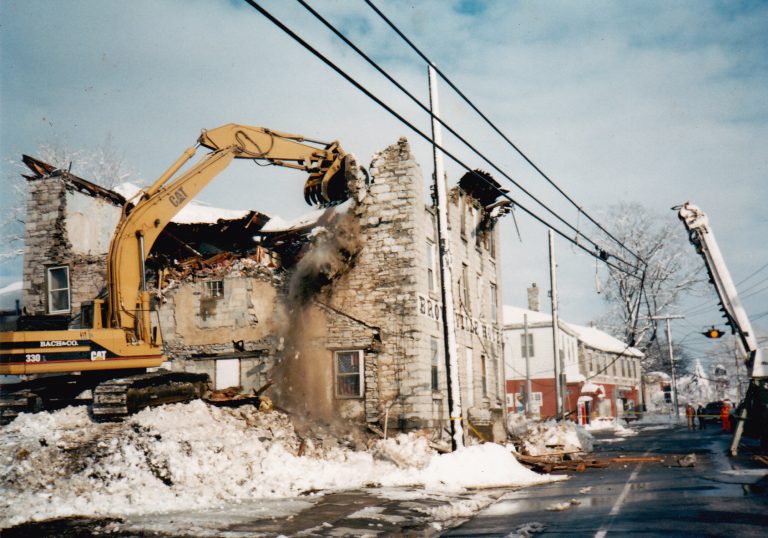
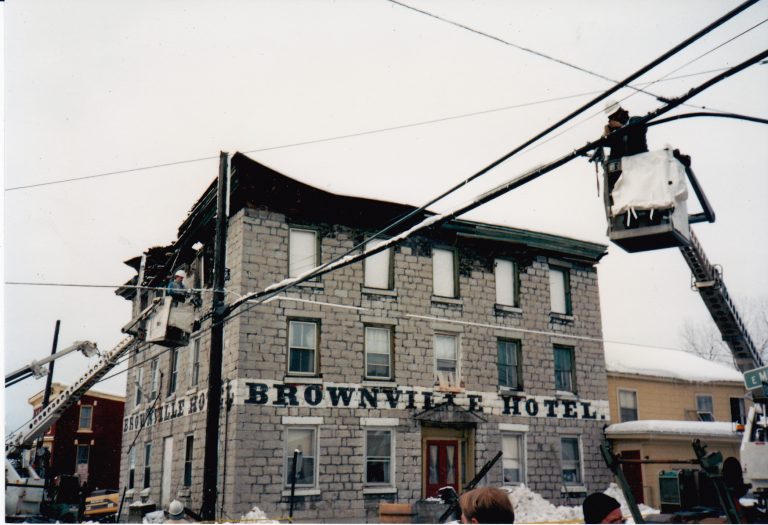
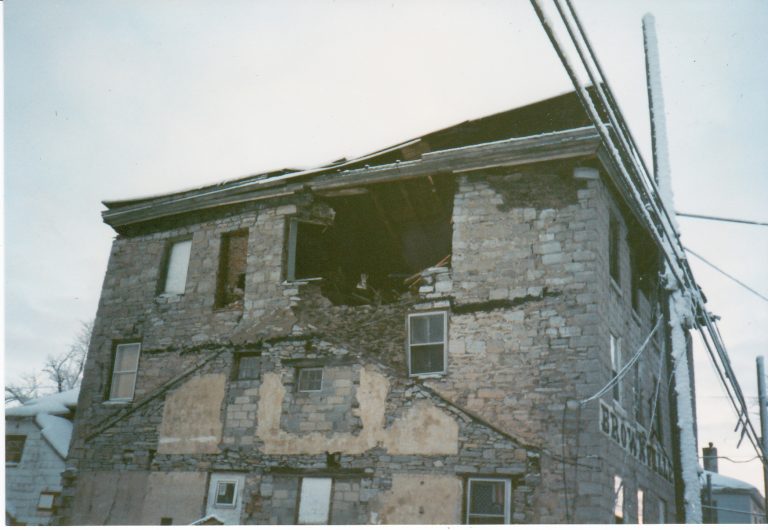
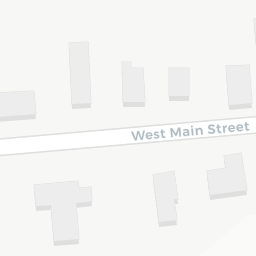

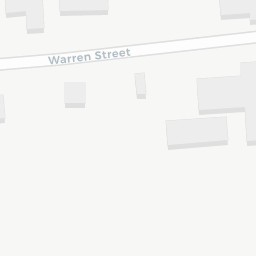















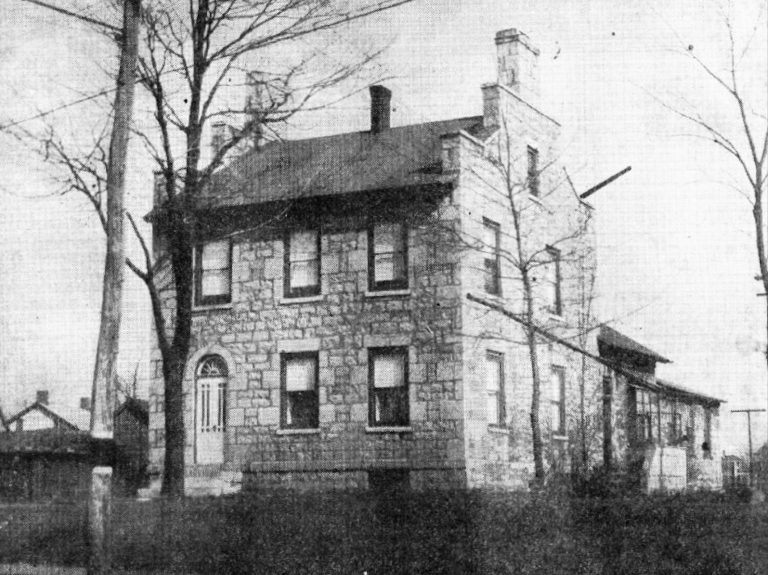

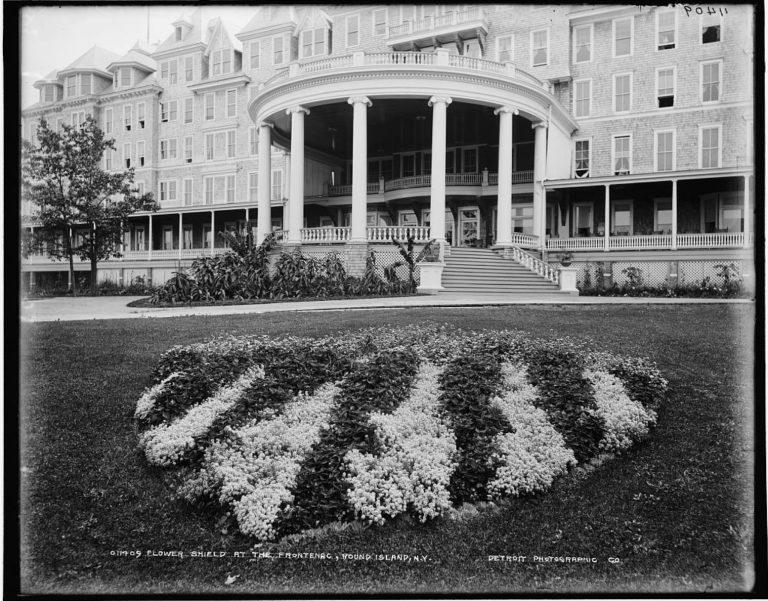
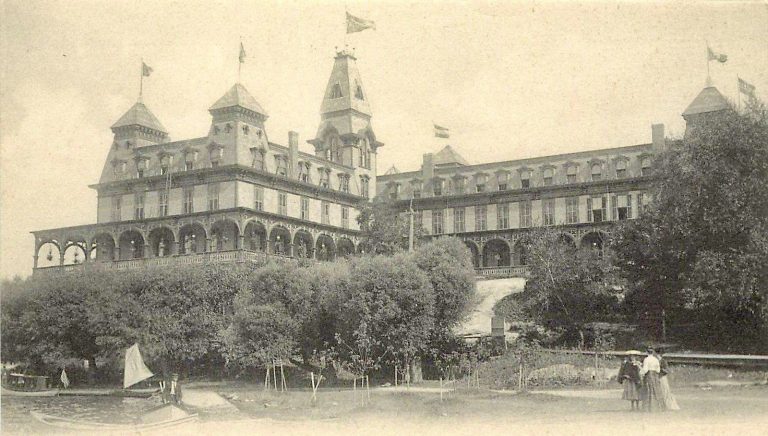

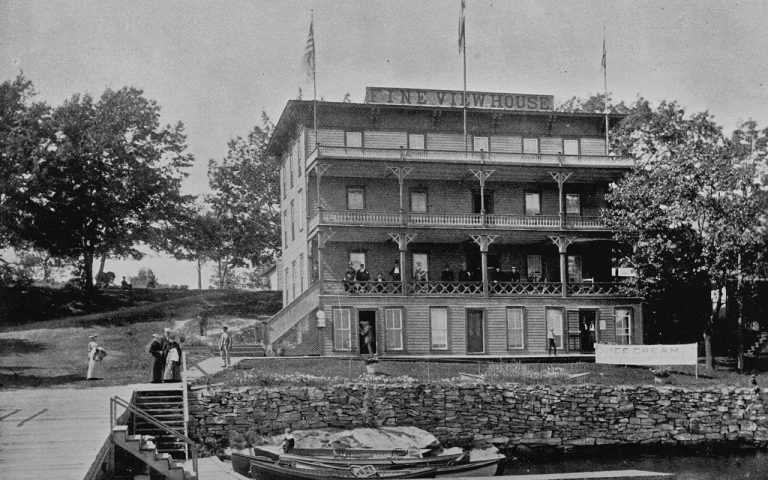

1 Reviews on “Brownville Hotel (1820 – 1995)”
A few pictures
Thanks, Tom! Automatically added to the gallery…